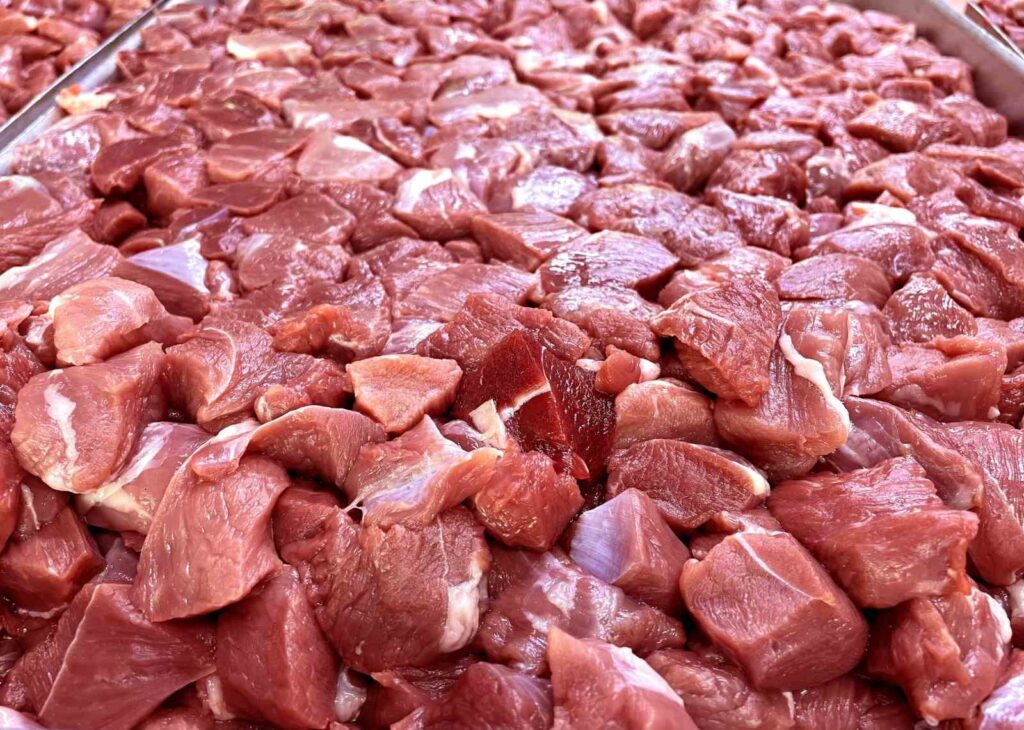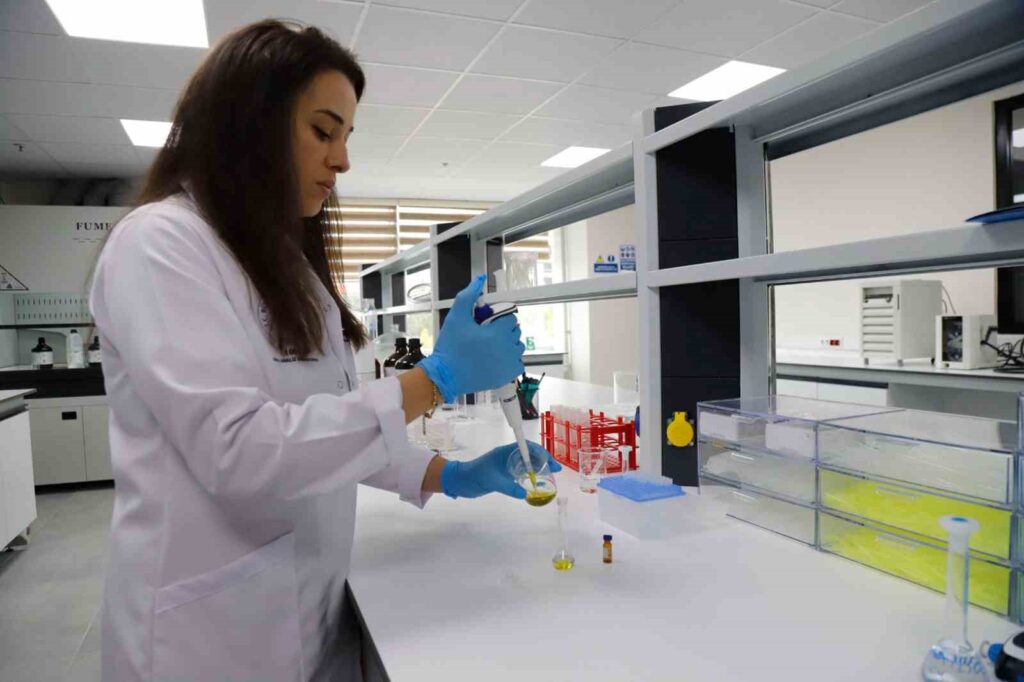Do not consume the sacrificial meat without waiting for 24 hours
Dietician Rengin Özbey, who states that the meat should be consumed within 24 hours after being left after the sacrifice feast, warns the public to choose boiling and baking methods instead of frying, roasting, or grilling.

Dietician Rengin Özbey, who states that meat should be consumed within 24 hours after slaughter during the Feast of Sacrifice, warned citizens to prefer boiling and baking methods instead of frying, roasting, or grilling. During the Feast of Sacrifice, Dietician Özbey provided information to the public about the storage, cooking, and portion control of meat after slaughter, emphasizing the importance of maintaining healthy eating throughout the holiday. Extra oil should not be used in meat cooking. Dietician Rengin Özbey mentioned that consuming meat immediately after slaughter can cause problems for people with digestive system disorders, as meats are known to be difficult to digest. Especially during the Feast of Sacrifice, stomach and intestinal problems increase in patients with digestive disorders. For this reason, meats should be kept for 24 hours after slaughter and boiling or baking methods should be preferred instead of frying, roasting, and grilling. When cooking, the meat should be cooked with its own fat, and no extra oil should be added. Additionally, visible fats of the meat should also be removed, as meats, besides visible fat, contain an average of 21% fat. These fats are animal fats, namely saturated fats, which directly increase our risk of heart diseases. Meats must be cooked well. Emphasizing the importance of a vegetable-based diet alongside meat consumption during the Feast of Sacrifice, Özbey stated that meats are poor in vitamins C and E. Therefore, consuming our meats with a salad, a vegetable dish, or freshly squeezed fruit juices will increase the iron absorption in the meat, making it more nutritious for us. Meats must be cooked well. They should not be raw or undercooked at all, as this can pose a risk for us in terms of zoonotic diseases. Another issue is the increased consumption of offal during the Feast of Sacrifice. In addition to the high cholesterol content of meat itself, offal also contains significant amounts of cholesterol and saturated fats. Therefore, we should also avoid consuming offal during this period. Özbey also emphasized the importance of controlling the consumption of sweets during the holiday. It is important not to consume every dessert offered at every visit. Portion control is crucial. Instead of syrupy desserts, we should prefer dairy and fruit desserts. Of course, another issue during this period is water consumption and physical activity. Let’s make an effort to consume 2 to 2.5 liters of water daily to rid the meat of toxins. Engaging in a light to moderate physical activity for half an hour in the evening will also help us have a pleasant holiday.







